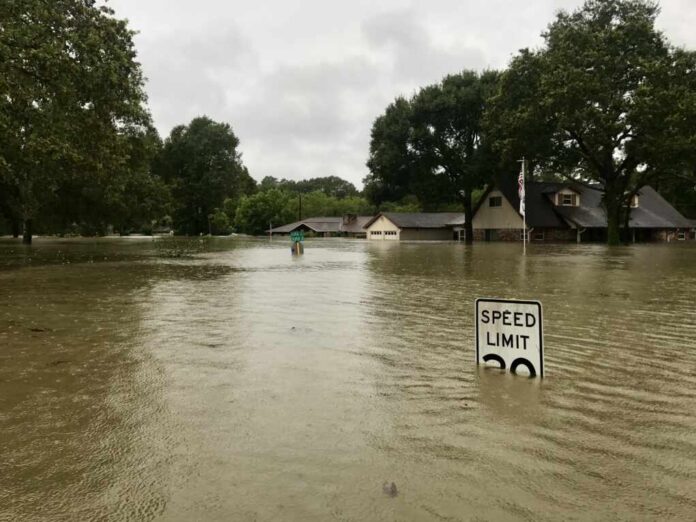
A tempest of fury has engulfed Rainmaker Technology Corporation, with CEO Augustus Doricko at the center, amid intense scrutiny over cloud-seeding techniques blamed for catastrophic floods in Texas, despite blatant evidence refuting any link.
At a Glance
- James Spann debunks cloud-seeding myths linked to Texas floods.
- Conspiracy theories are fueling threats against Rainmaker employees.
- Cloud seeding enhances existing rain but cannot create storms.
- Experts attribute the floods to natural weather patterns and geography.
Cloud-Seeding Accusations
James Spann, a respected meteorologist, has been vocal against the baseless accusations targeting cloud-seeding practices for the severe Texas floods. Spann clarified that such procedures can’t produce or intensify storms to the magnitude of the recent devastation. “Cloud seeding did not cause last week’s Texas floods,” he stressed, emphasizing cloud seeding’s limited capability—enhancing rain by a mere 20% under optimal conditions. This statement brings a refreshing breath of common sense to the flood of misinformation surrounding the tragedy.
@amuse on X: “Cloud Seeding and the Kerr County Floods: What the Science Shows” / X
— @amuse (@amuse) July 8, 2025
The floods that struck Texas, resulting in substantial loss of life and property, were due in large part to a weather system colliding with the auspiciously dubbed “Flash Flood Alley,” as experts explained. The mixture of a stalled atmospheric low, residual moisture from Tropical Storm Barry, and topographical quirks transformed Texas into a churning battleground of Mother Nature. No intervention, particularly one as minor as cloud seeding, could alter such a natural phenomenon.
Watch a report: 110 dead, more than 170 still missing after catastrophic flooding in Texas
Defending Rainmaker Technology
Amidst this storm of controversy, Augustus Doricko, the young CEO of Rainmaker Technology Corporation, withstands an onslaught of threats while defending his company’s integrity. The relentless attacks paint Rainmaker as a weather-modification conspirator, but Doricko’s defense stands firm. “The flooding, unequivocally, had nothing to do with Rainmaker’s activities,” Doricko announced, maintaining his company’s innocence as unfounded theories spiral in the digital ether.
“The flooding, unequivocally, had nothing to do with Rainmaker’s activities or any weather modification activities” – Augustus Doricko – dw.com
Ethical queries surface as Rainmaker navigates the harsh scrutiny against its weather-modification practices. Such technologies, while not new, require a robust moral compass to guide their use. Despite being unrelated to the recent catastrophe, Doricko’s operations inadvertently reveal the need for dialogues around these measures to ensure that their benefits aren’t overshadowed by public skepticism and fear.
Fostering Informed Dialogue
Science and fact-based discussions are crucial as cloud seeding remains a hot-button topic amidst increasing natural disasters attributed to climate change. Experts like Edward Gryspeerdt affirm that such weather management methods merely refine existing atmospheric conditions and cannot generate cataclysmic downpours. Cloud seeding, an oft-misunderstood process, disperses substances like silver iodide to modestly boost rainfall from available clouds, not create or exacerbate floods.
“Cloud seeding itself cannot create rain out of nothing” – Edward Gryspeerdt – dw.com
As Rainmaker continues to weather this storm of public outcry, it’s imperative that key figures emerge as champions of truth in a world swirling with unfounded theories and sensational stories. Only informed, rational discussions can dispel fears and guide Rainmaker Technology and its ilk towards beneficial, ethical applications of their burgeoning innovations.

























